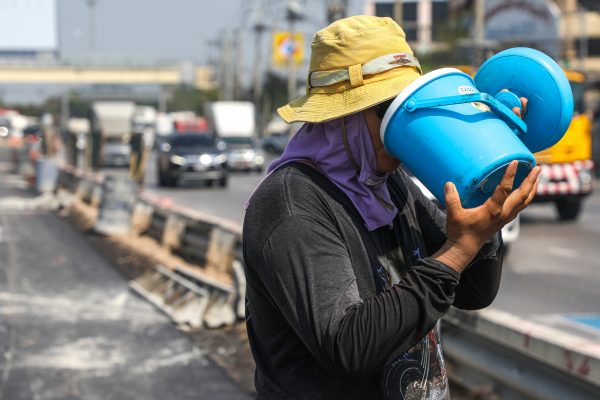Thailand’s two-ballot electoral system comes into force

Constitutional amendments regarding the two-ballot electoral system take effect today (November 22nd) following the publication in the Royal Gazette yesterday.
Under the two-ballot electoral system, the House of Representatives will still be made up of 500 members, but 400 of whom are elected through the constituency electoral system and 100 are party-list MPs seated in accordance with the combined votes received by each party from all constituencies across the country.
Voters will be given two ballots, one for their constituency MP and the other for the party-list MP. The two ballot electoral system will be used in the next general election.
In the constitutional amendments, it was cited that the formerelectoral system, which divides the House of Representatives into 350 constituency MPs and 150 party-list MPs, was not in line with the population in each constituency.
The single-ballot system was designed to undermine major parties such as Pheu Thai, currently the biggest Opposition party, which won the most constituency seats, but was not awarded a single party-list MP. The system also createdfractional coalitions in which medium and small sized parties are awarded more seats. Future Forward Party, which was subsequently dissolved by the Constitutional Court, for example, won the most party-list seats.
This two-ballot system proposed by the Democrat Party is the only constitutional amendment proposal, out of a total of 13 drafts proposed by various political parties, which was accepted in Parliament, and is only beneficial to major parties, not the people. The amendment draft submitted by civil society and debated in Parliament last week which sought to abolish the Senate and prevent another coup, was rejected in Parliament.






